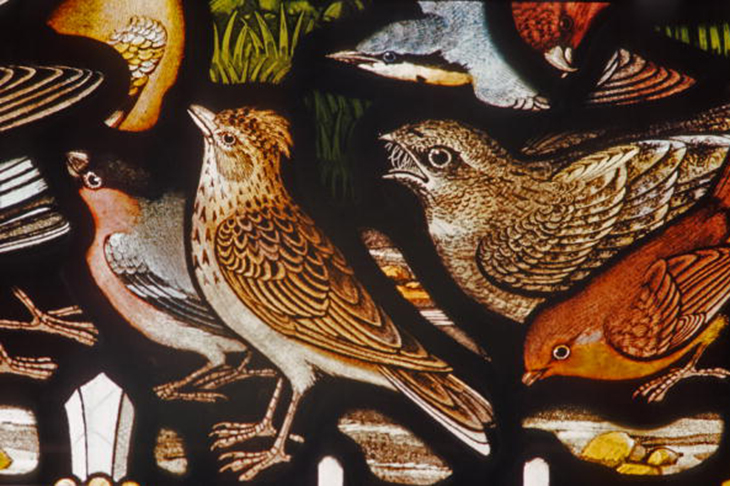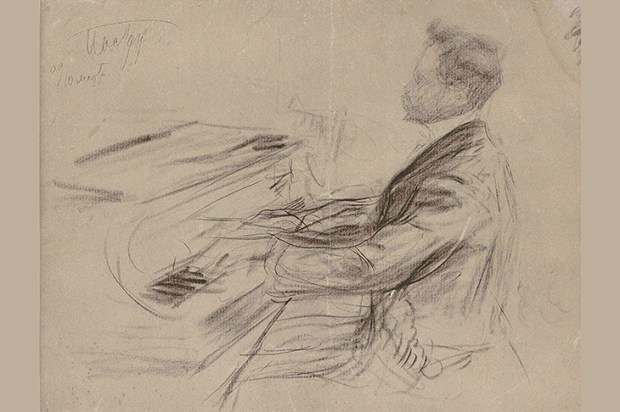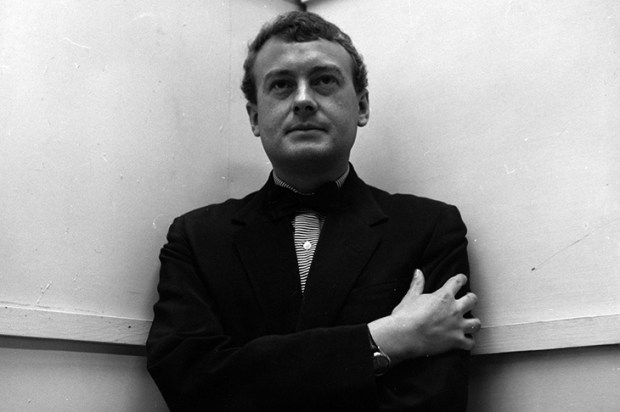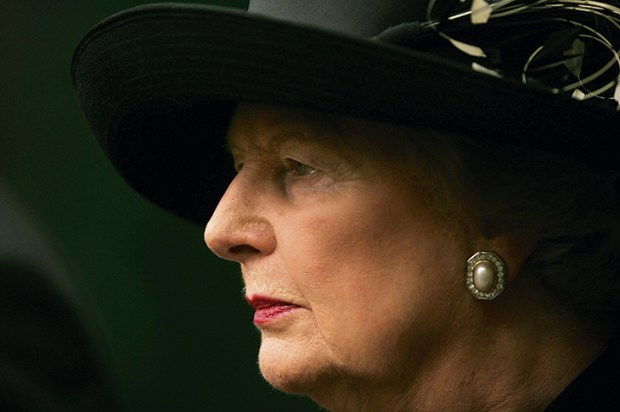Richard Mabey is the grand old man of nature writing. He has produced 40 books in his noble crusade against the enemies of natural life, so a certain amount of repetition can be forgiven in Turning the Boat for Home, since in the opinion of many (not only Prince Charles) the dangers in some places are still increasing.
What Mabey doesn’t explain about his subject is how the scourge of pesticides and excessive fertilisers originally began. During the second world war the danger of starvation was second only to that posed by the Germans, as food imports were threatened by the U-boats. Fortunately for Britain, farmers became increasingly efficient, buying up land for which there had been no demand in the 1930s. And they continued to prosper after the war, though they would have been the last to admit it. Slowly but surely, much damage was done to wildlife through this efficiency drive, and attempts to reduce the harm were for a long time unsuccessful.
Many of the essays collected here have appeared before, mainly in the Guardian, but also in the Sunday Telegraph and the Mail on Sunday, or have been broadcast on Radio 3. So there is something for all tastes — though it is difficult to see what an article called ‘Round the World in Eighty Dishes’ is doing in this company.
There are also short pieces on Mabey’s contemporaries, including Ronald Blythe. (I’ve always had doubts about the best-selling Akenfield; although the details were meticulously collected from a number of villages, the attractive final mosaic did not actually exist, since there is no place called Akenfield. But does that matter?) Then there is discussion of the varied compositions of Andy Goldsworthy, as well as quotations from the great natural history writers of the past, such as John Clare, Richard Jeffreys — about whom Mabey is a little ungenerous — and above all Gilbert White. Who could not be captivated by the latter’s description of swifts just before their autumn departure from England?
We could not but wonder that these shiftless beings would be able to dash through the air almost with the inconceivable swiftness of a meteor, and perhaps traverse vast continents and oceans as distant as the equator.
Despite this, Mabey describes the British attitude to natural history as ‘emotionally disengaged’.
The harm to birds from chemicals is well documented, but there is no mention here that the worst danger to once common garden birds comes from domestic cats. The RSPB is loath to acknowledge this, perhaps for fear of offending cat-lovers and losing their valuable support. Nor will it admit the dreadful injury done by raptors such as magpies and, worse still, crows, which peck out the eyes of helpless new-born lambs as well as preying on garden birds.
Mabey’s first book was called Food for Free. Soon after it was published in 1972 I happened to visit a cottage on the west coast of Scotland, largely uninhabited in the winter months. The owner wryly showed me his copy, much nibbled by mice, who had clearly taken the title to heart.
Crusaders, including Mabey, are sometimes guilty of parading their virtues while taking themselves a little too seriously. But to some extent you have to be serious to achieve anything worthwhile against the powerful forces confronting you. And this Mabey has undoubtedly done with his writings over the past 50 years. These pieces are all worth reprinting, and add up to a valuable contribution to a great cause. Two minor irritations: the title of the book is largely irrelevant to its theme, and the publishers describe the collection pretentiously as being ‘curated’ by the author.
Got something to add? Join the discussion and comment below.
Get 10 issues for just $10
Subscribe to The Spectator Australia today for the next 10 magazine issues, plus full online access, for just $10.
You might disagree with half of it, but you’ll enjoy reading all of it. Try your first month for free, then just $2 a week for the remainder of your first year.














Comments
Don't miss out
Join the conversation with other Spectator Australia readers. Subscribe to leave a comment.
SUBSCRIBEAlready a subscriber? Log in